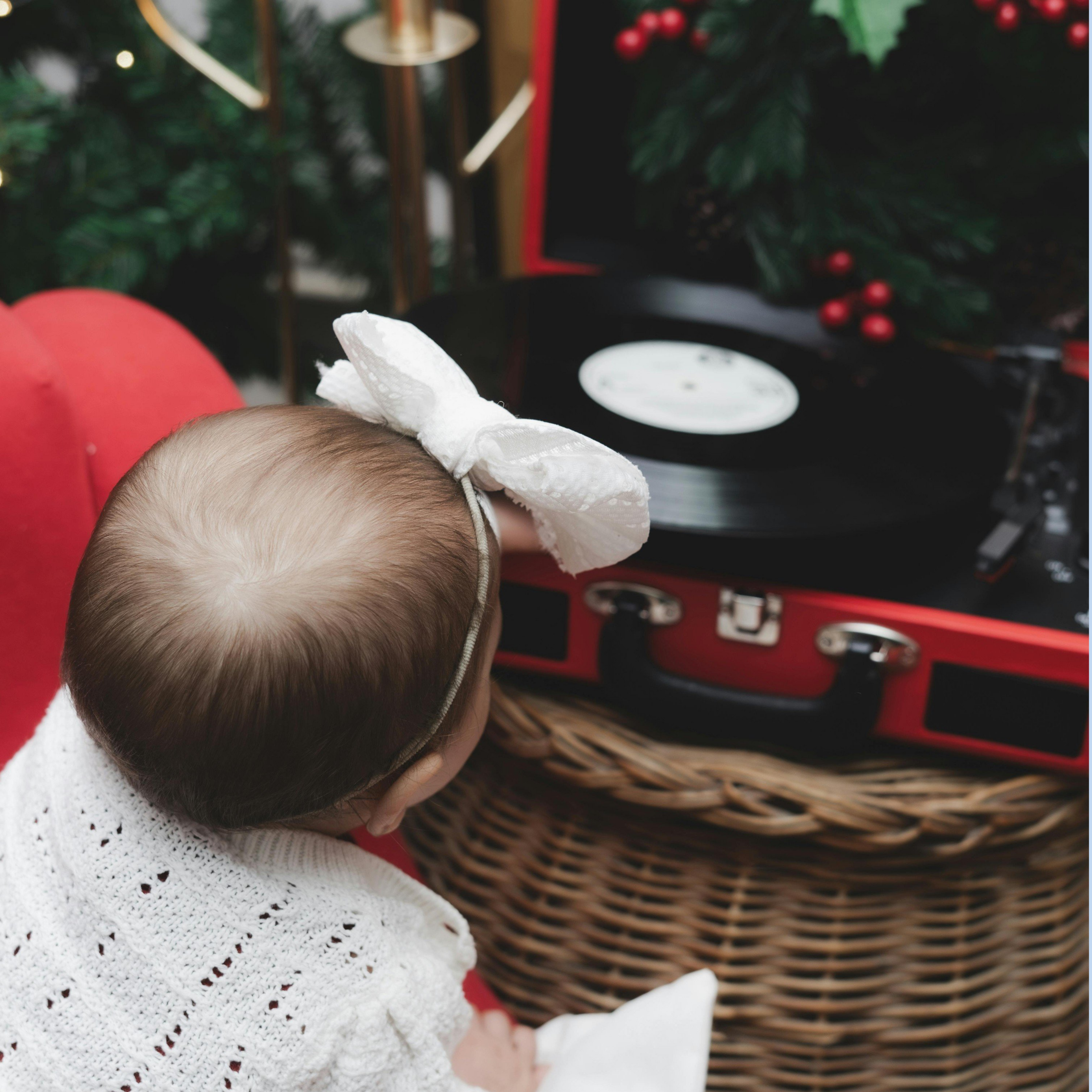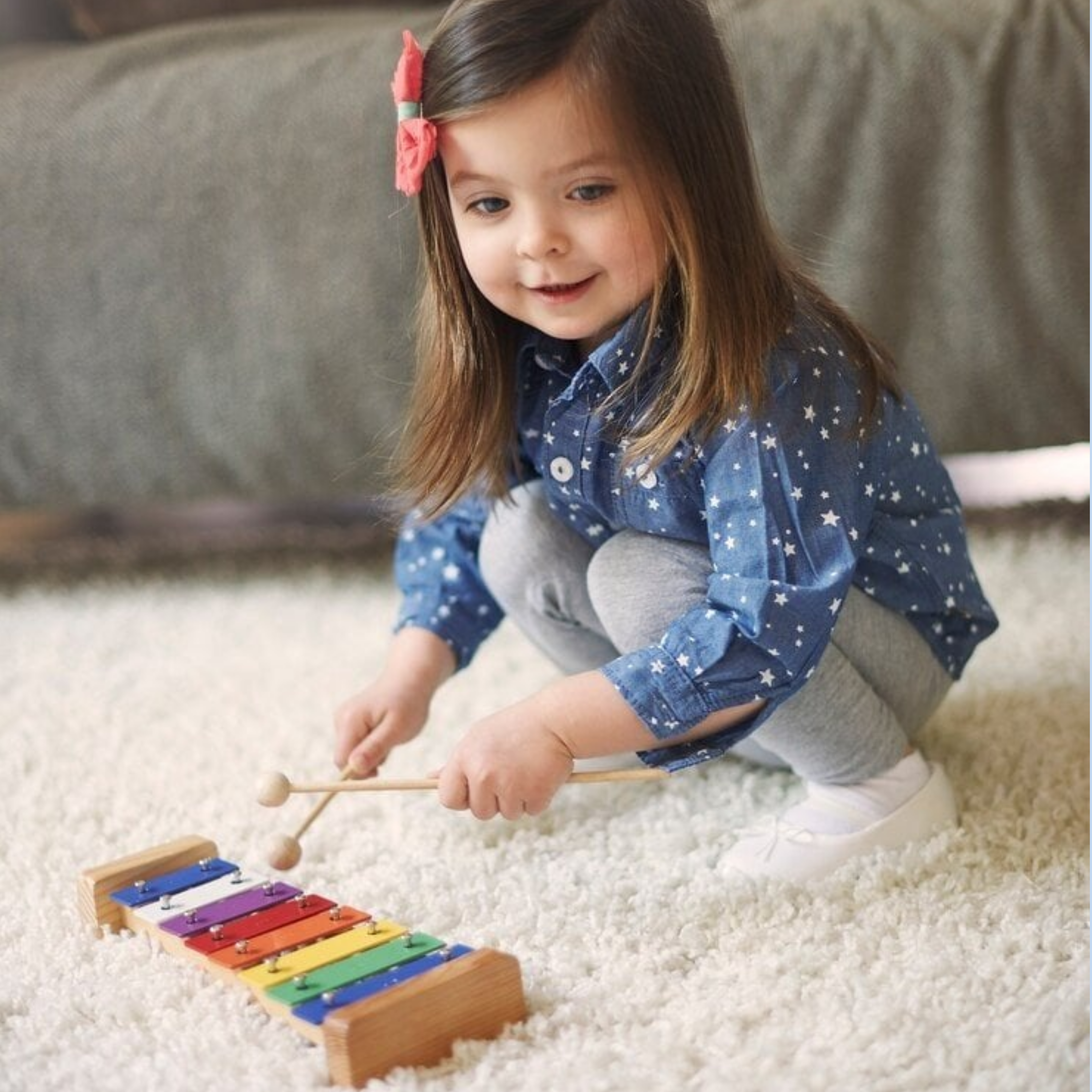
The Role of Music in your Baby's Development
Music plays a vital role in the development of babies, influencing their cognitive, emotional, and social growth. From lullabies to interactive songs, music can enrich your baby's early experiences and lay the foundation for lifelong learning.

Cognitive Development
-
Language Skills: Exposure to music enhances language acquisition. Rhythmic patterns and melodies can help babies recognize sounds and improve their vocabulary.
-
Memory and Attention: Music stimulates brain regions associated with memory and attention. Babies often remember melodies and rhythms, aiding in recall and focus.
-
Mathematical Skills: Understanding rhythms and patterns in music can strengthen early math skills. The structure of music introduces concepts of counting and sequencing.
Emotional Development

-
Mood Regulation: Music can soothe and calm babies, helping them relax during stressful moments. Upbeat music can also elevate their mood and stimulate playfulness.
-
Emotional Expression: Listening to various genres allows babies to experience different emotions, fostering their ability to recognize and express feelings.
-
Bonding Through Music: Singing to your baby strengthens emotional bonds. The closeness and attention during music time create a sense of security.
Social Development

-
Shared Experiences: Group music activities encourage social interaction, teaching babies about sharing and cooperation. Engaging in music with family promotes communication skills.
-
Cultural Awareness: Exposure to diverse musical styles fosters appreciation for different cultures and traditions, enriching your baby's worldview.
Physical Development

-
Motor Skills: Clapping, dancing, and moving to music help babies develop coordination and fine motor skills. These activities promote physical activity and encourage exploration.
-
Sensory Stimulation: Music provides auditory stimulation that supports sensory development, enhancing babies' ability to process sounds and rhythms.
Practical Tips for Incorporating Music

-
Sing Daily: Incorporate songs into your daily routine during playtime, bath time, or bedtime.
-
Play a Variety of Music: Expose your baby to different genres, including classical, folk, and world music, to stimulate diverse experiences.
-
Interactive Music Activities: Engage in music-making activities, such as using simple instruments (shakers, drums) or clapping hands to enhance participation.
-
Attend Music Classes: Look for local music classes designed for infants and toddlers, providing opportunities for socialization and learning.
Music is a powerful tool in fostering your baby's development. By incorporating music into your daily routine, you create enriching experiences that support cognitive, emotional, social, and physical growth. Embrace the joy of music and watch your baby thrive!



